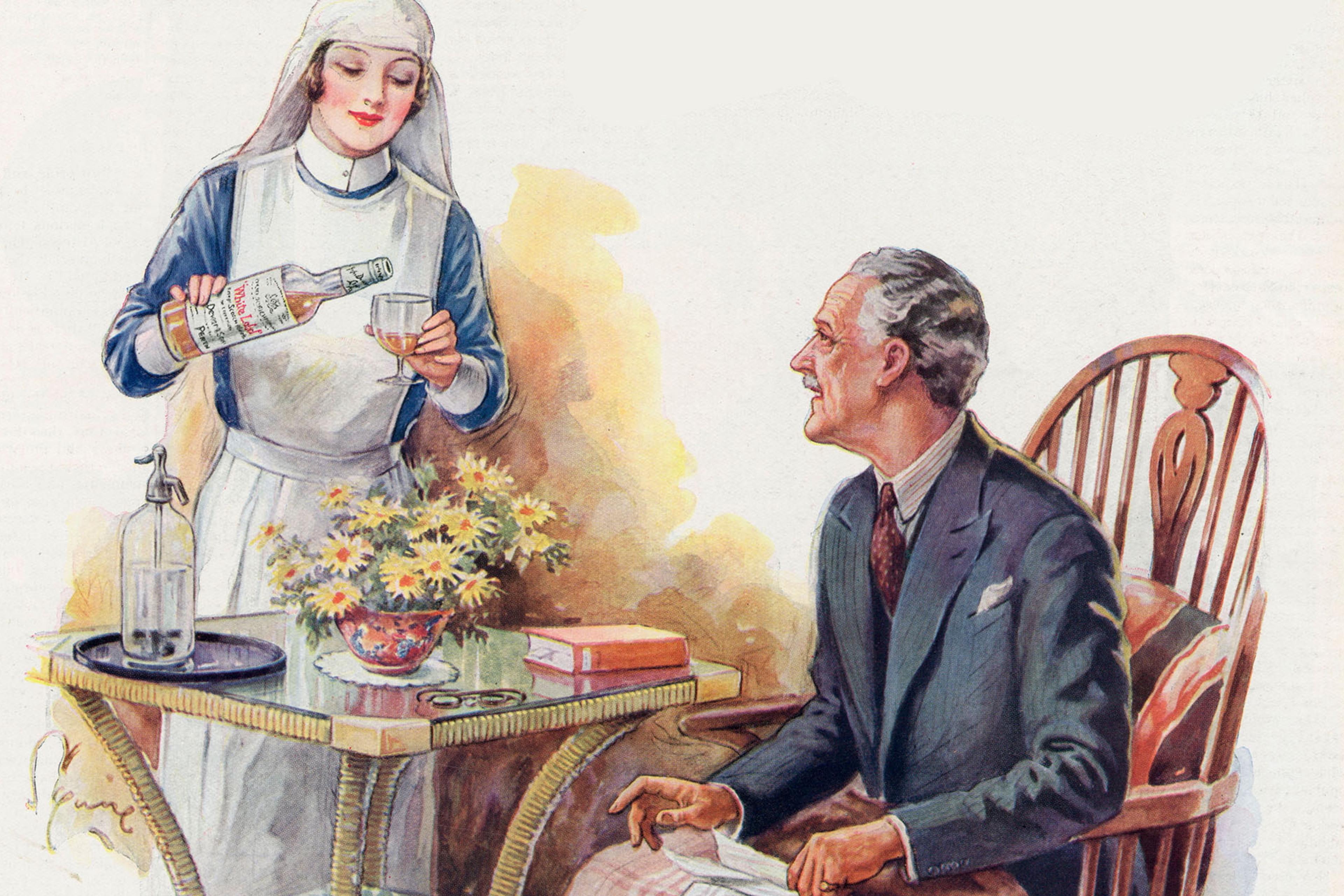‘Most people forget themselves.’
Huston Smith (1919-2016) was one of the preeminent US scholars of religion and comparative philosophy during the 20th century. His distinguished career, which included serving as professor of philosophy at MIT from 1958 to 1973, also comprised stints as a presenter on public access television, creating a series of programmes that interrogated questions of spirituality, meaning and belief. Among these was The Search for America (1959-60), in which Huston interviewed prominent thinkers to discover ‘moral answers to 16 of the most basic public and private issues that Americans face’.
In this excerpt from an episode centred on mental health, Smith has a wide-ranging discussion with the social psychologist, psychoanalyst and philosopher Erich Fromm (1900-80), a German Jew who fled Nazism and resettled in the US in 1934. Discussing what he perceives as the ills of American society – namely alienation, conformity, consumerism and the looming prospect of nuclear annihilation – Fromm questions whether the establishments of psychology and psychiatry are truly concerned with wellbeing, or merely with making people adjust to an ‘insane’ system. While some aspects of the discussion are best understood as a snapshot in time, others seem prescient – in particular, his view that a consumerist society offers countless escapes from reality yet leaves many ever dissatisfied, unable to cultivate a deeper wellbeing.







